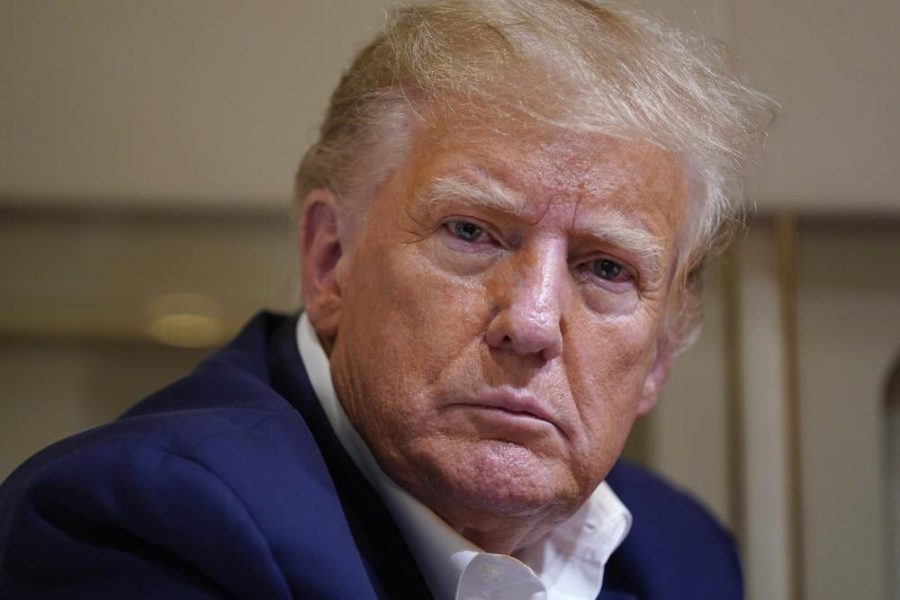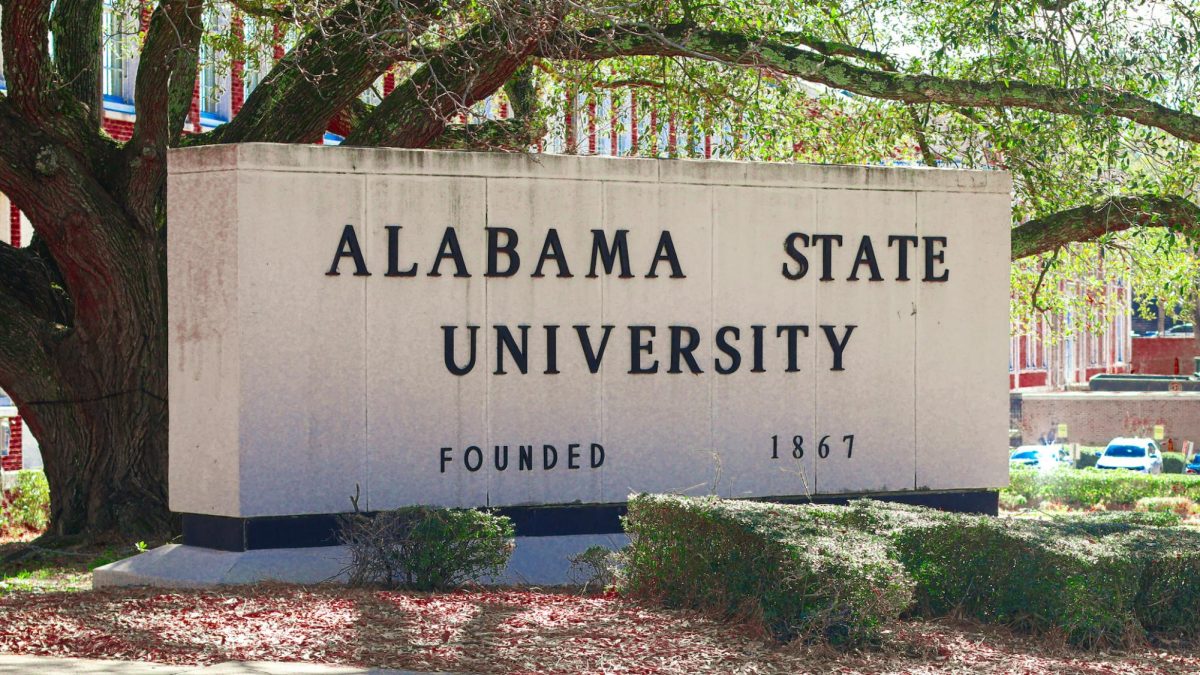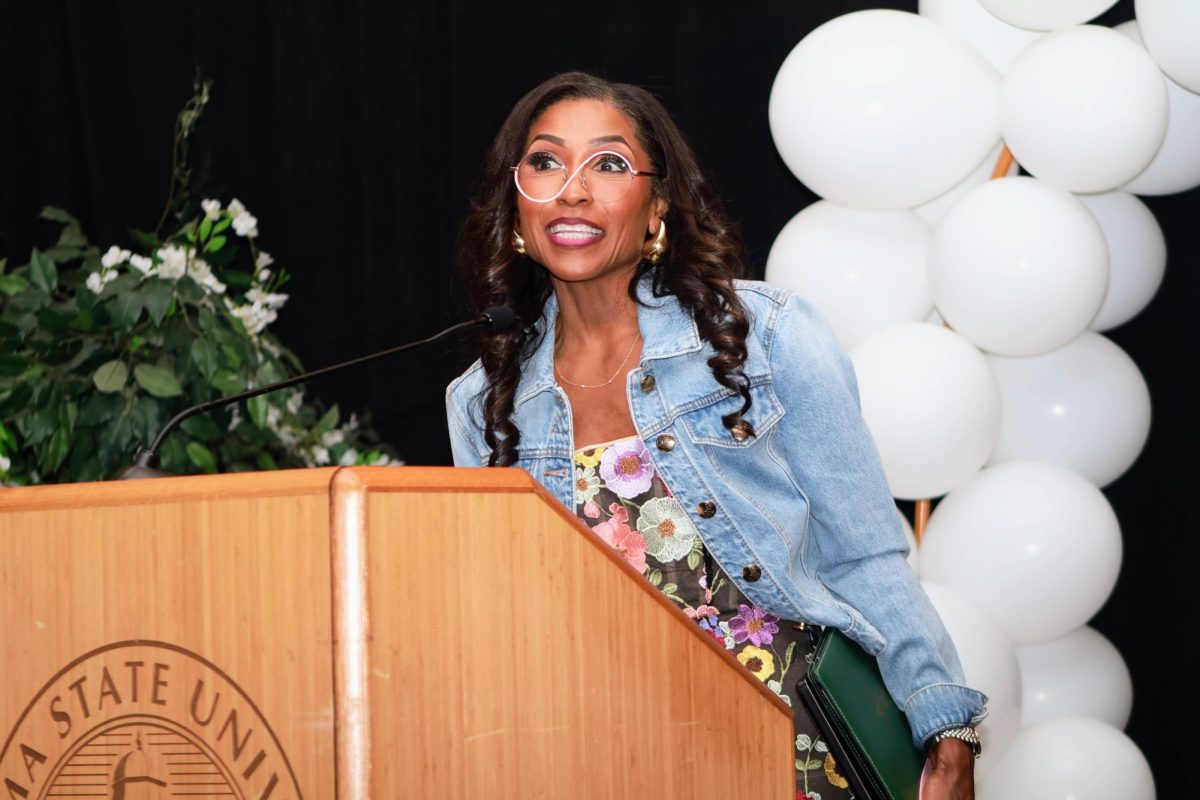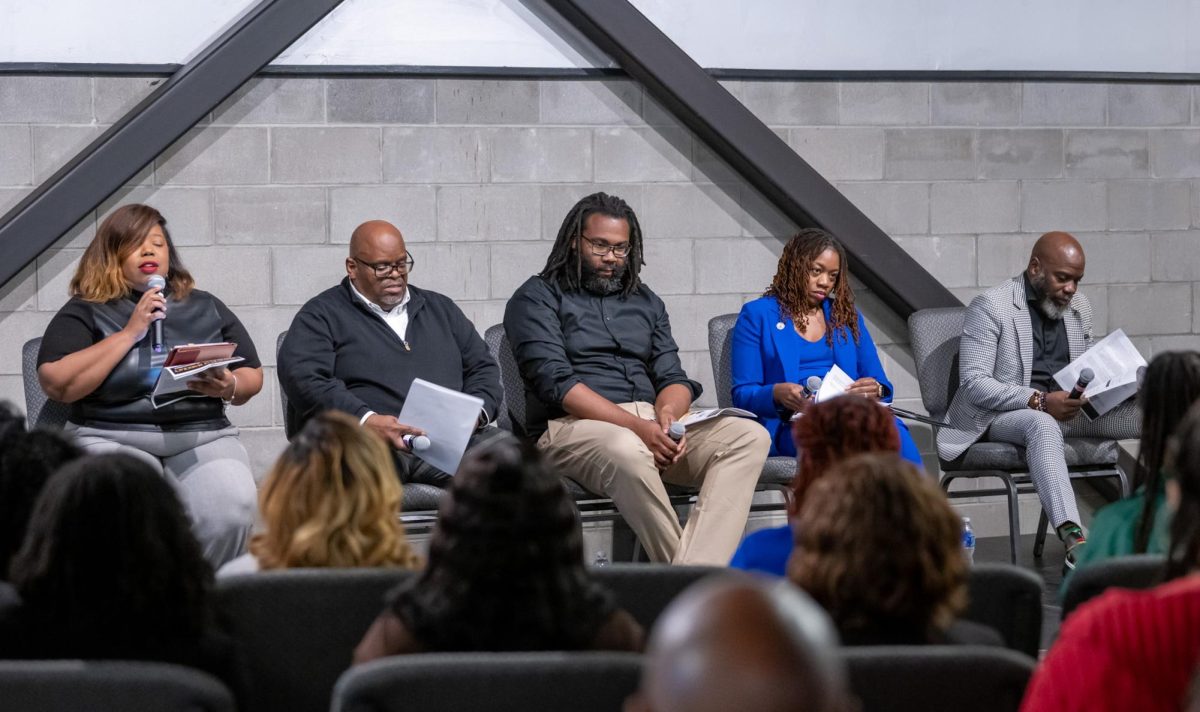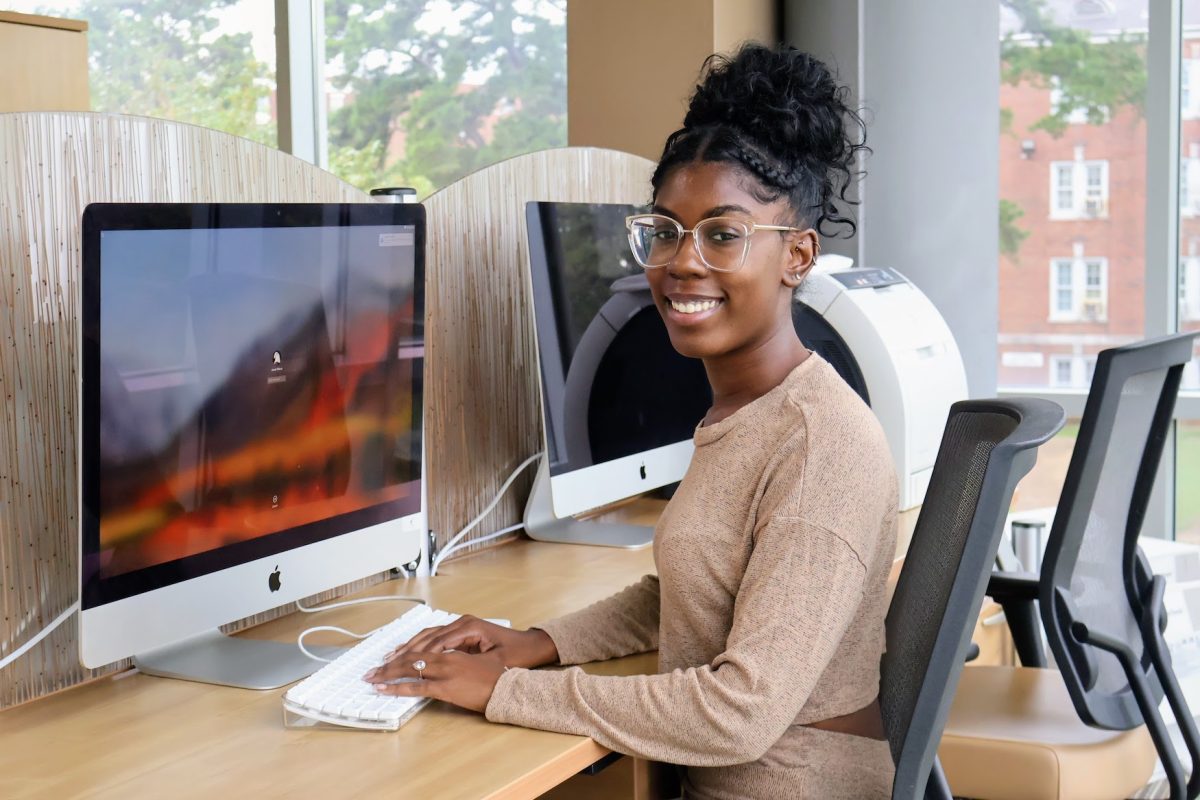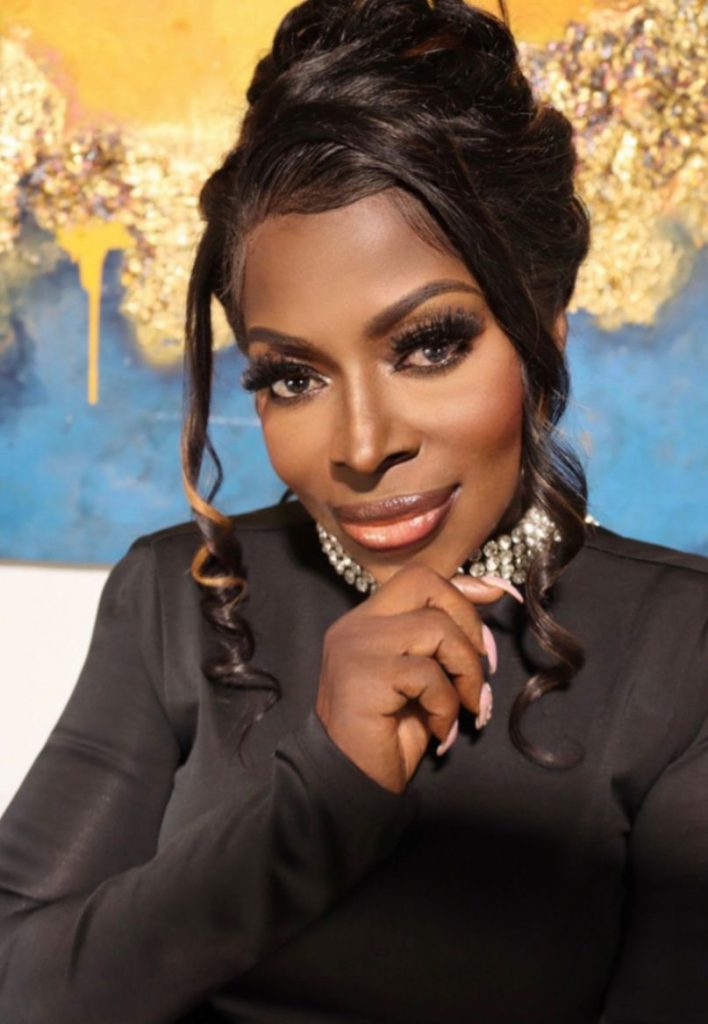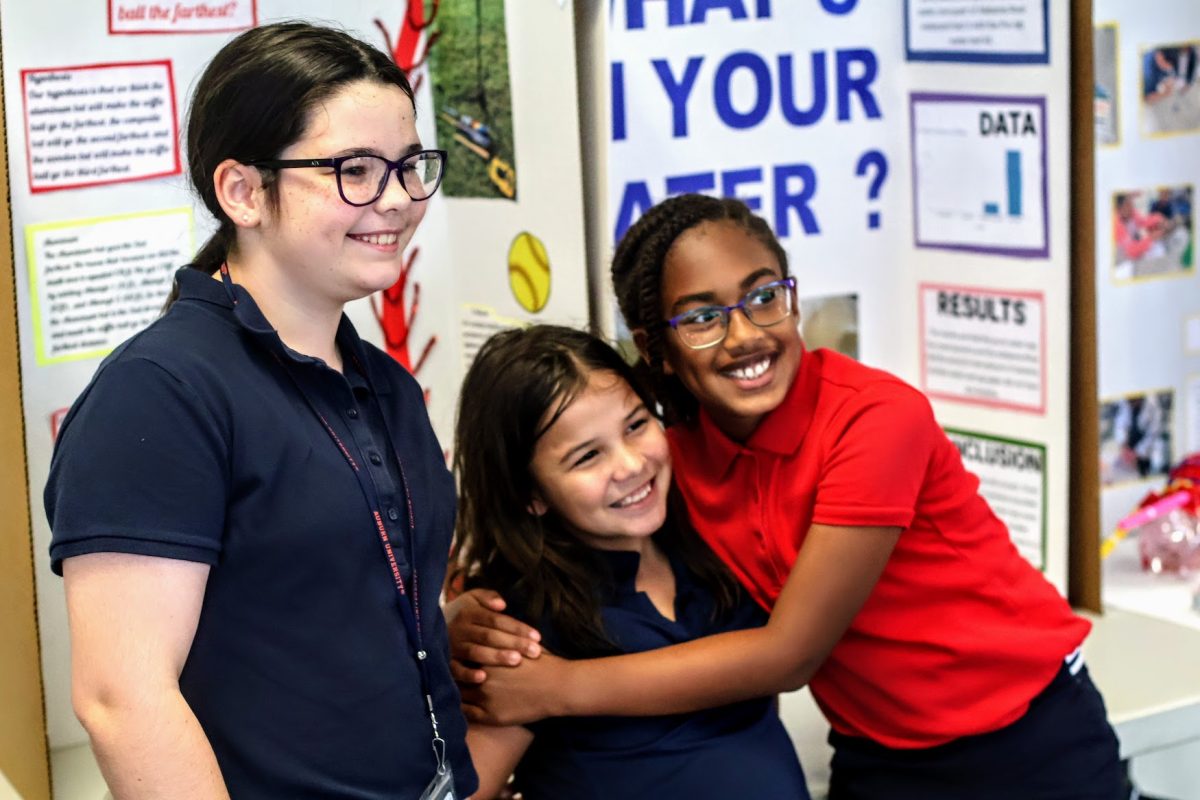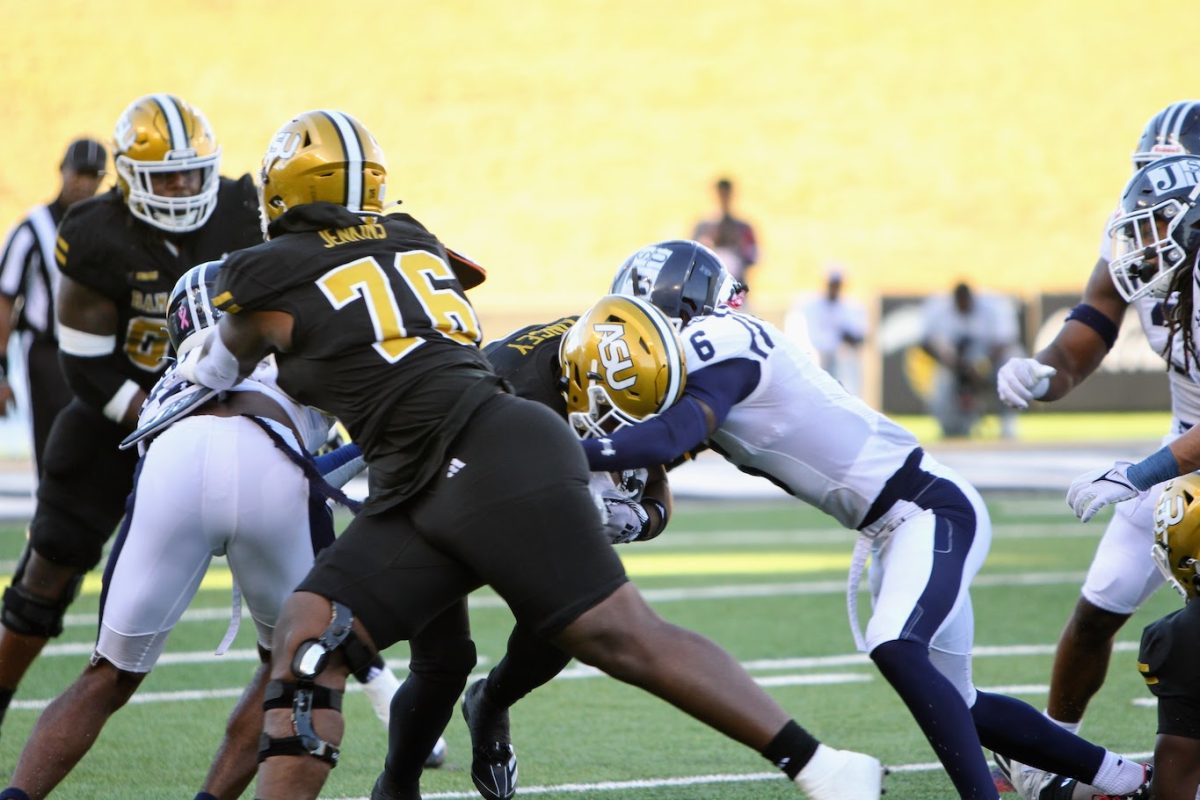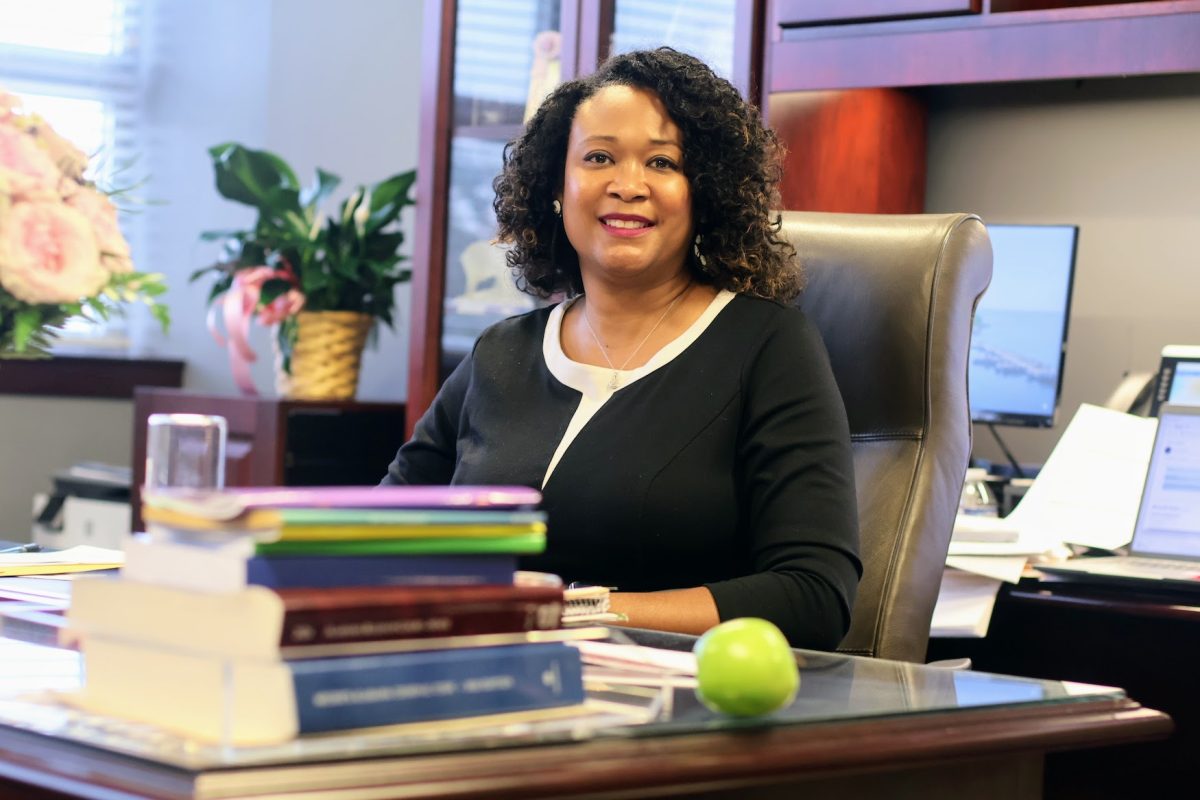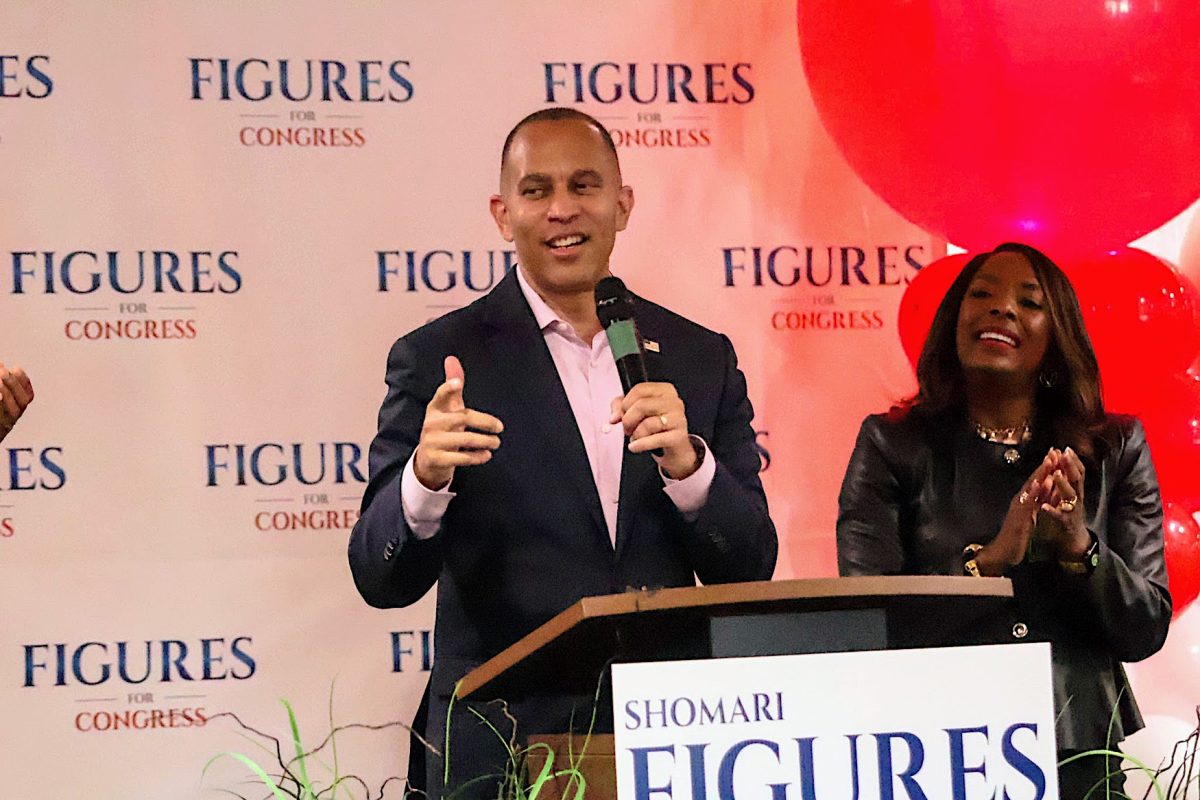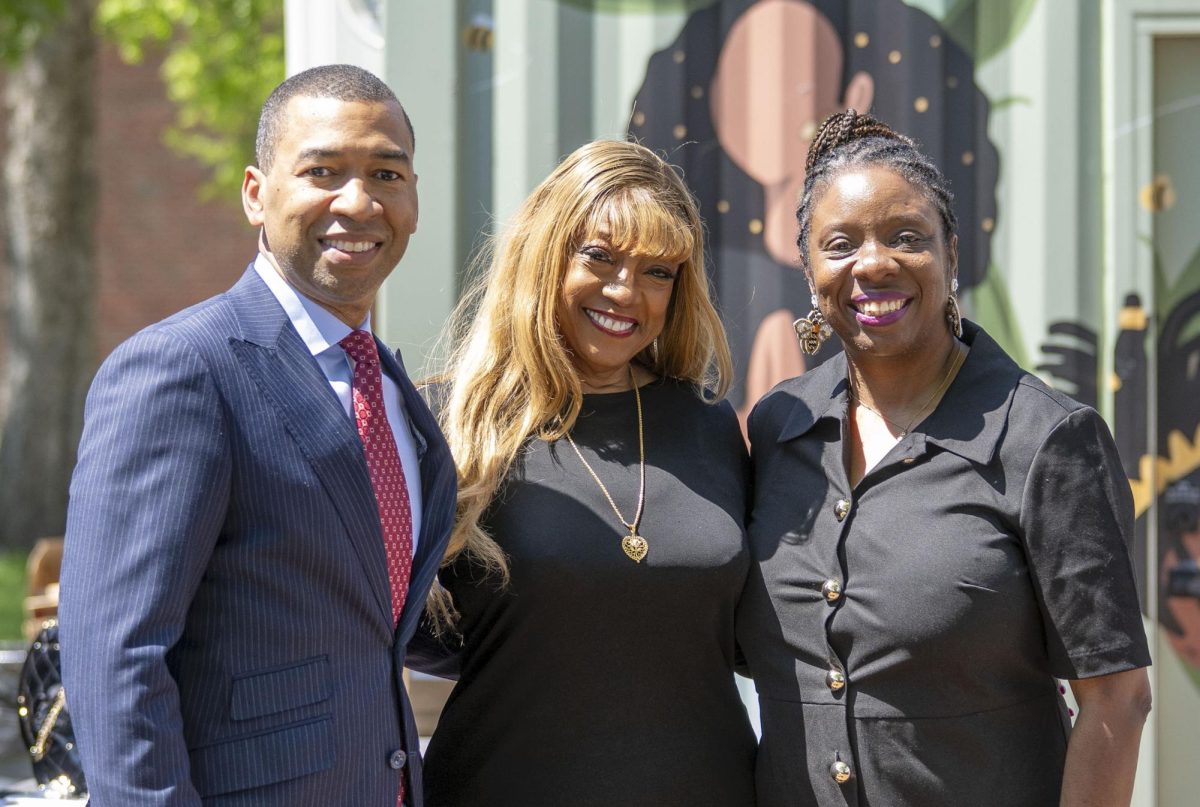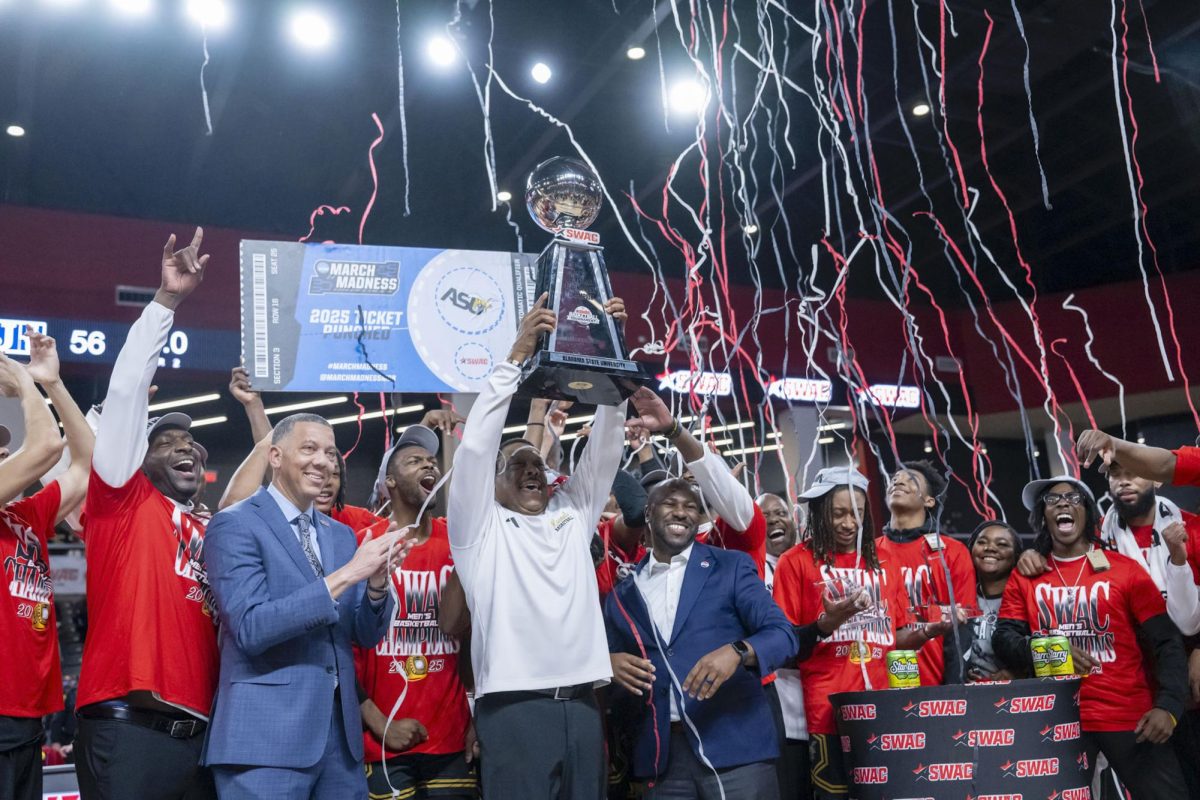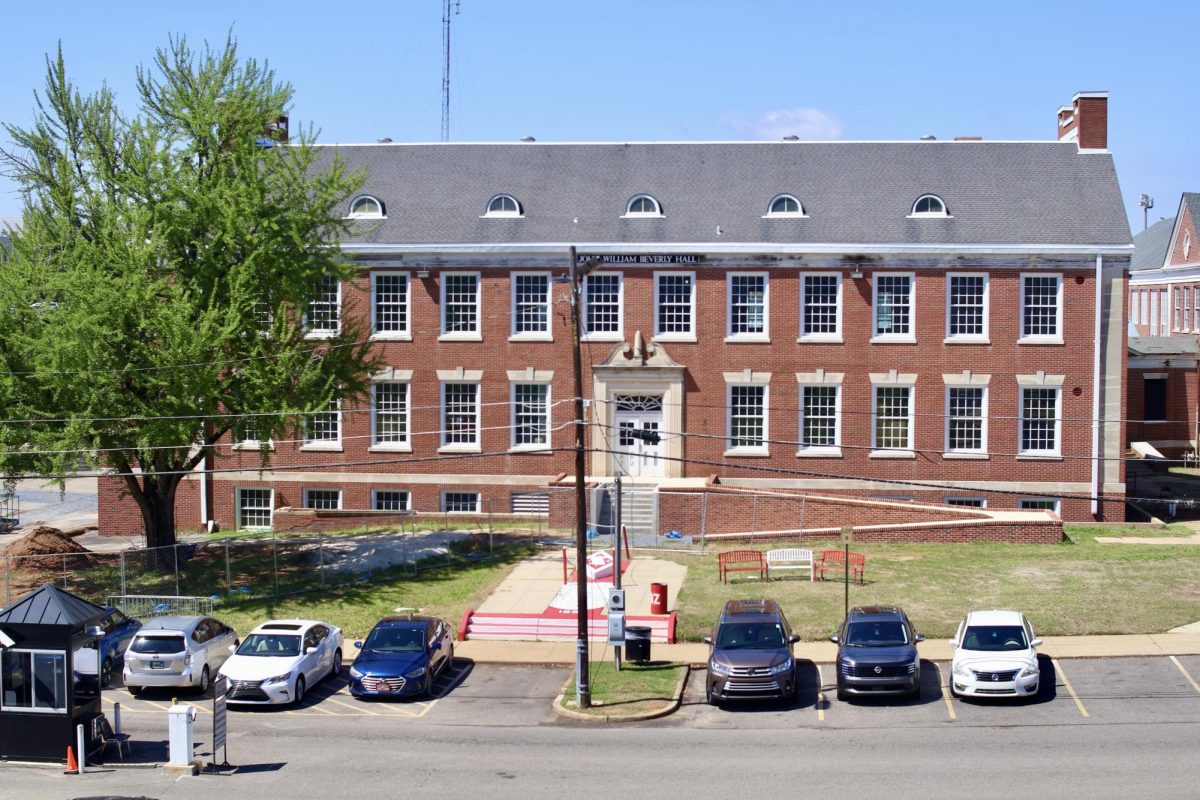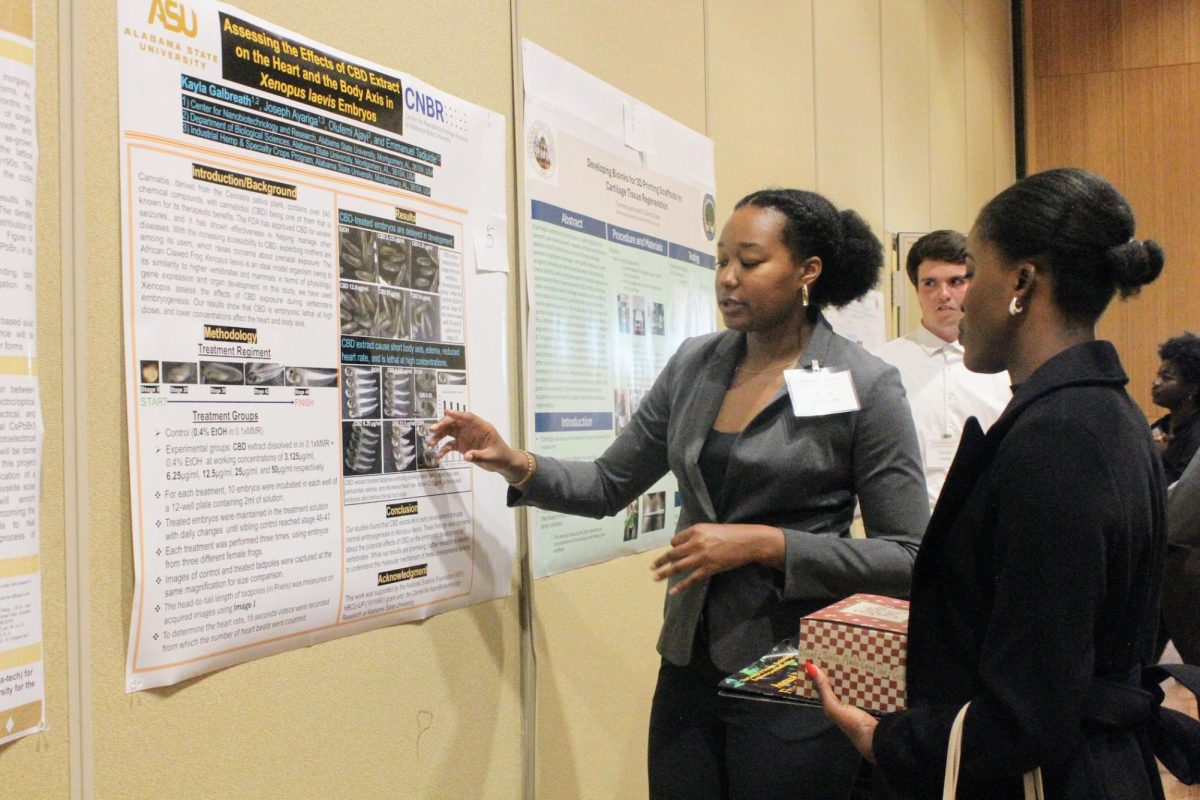Democrats around the country expressed rage at Former President Donald Trump using the phrase “the enemy from within” during a televised interview, explicitly directing it toward prominent Democratic political figures like Nancy Pelosi and Adam Schiff.
Trump suggested that law enforcement or military intervention could be appropriate if this “internal threat” persists. The comments have sparked intense discussions across the political spectrum, with many viewing them as potentially inflammatory and a reflection of growing polarization.
Among those weighing in on Trump’s remarks are the university’s students, whose reactions span a wide range of perspectives, from concern to critique to cautious understanding.
Psychology major Jacob Jones interpreted Trump’s comments as a signal of defensive readiness, expressing his thoughts on the potential implications. Jones believes that Trump’s stance may be rooted in a desire to protect the nation, though he notes the possible weight of any future actions taken in response.
“That phrase, I’m assuming he’s referring to the enemy being a threat, and he wants to be ready. He’s willing to put the military to use with whatever reinforcement that comes with it. It feels like he’s preparing for something big, and those consequences today can lead up soon,” he said.
Physical therapy major Ethan Smith took a more critical stance and argued that Trump’s accusations ignore his controversial past, which he believes contradicts the former president’s rhetoric.
“I feel it’s hypocritical,” Smith said. “You say the enemy comes from within, and you’re pointing out enemies from within the state of the government, yet constantly we see him in the state of the government being an enemy, committing crimes and atrocities. How can he call others an enemy within the government when he’s faced allegations himself?”
Smith also shared a personal reflection influenced by his upbringing, recalling a saying from his mother.
“Birds of a feather flock together,” he said. “So, for you to be able to understand and know and recognize and pick out the enemy within, what does that say about yourself? And that’s that.”
Forensic biology major Makayla Moore offered a more neutral, introspective view, suggesting that Trump was simply sharing his genuine feelings, albeit in a polarizing way.
“I feel like he’s just speaking honestly about how he feels,” Moore explained. “You know, as certain things as a politician, it might generally be how you feel, but it’s just how the public perceives it.” Moore’s perspective highlights the potential disconnect between a politician’s true sentiments and the public’s interpretation, acknowledging that words spoken openly by leaders can often be misunderstood or escalate tensions unintentionally.
The discussion on campus reflects the broader national debate. Trump’s comments underscore the ongoing clash over American values, political identity and governance, with many questioning what rhetoric like “the enemy from within” might mean for the future of U.S. democracy.
Students at the university, each with unique backgrounds and perspectives, embody the diversity of opinions shaping the nation’s discourse at this critical time.


